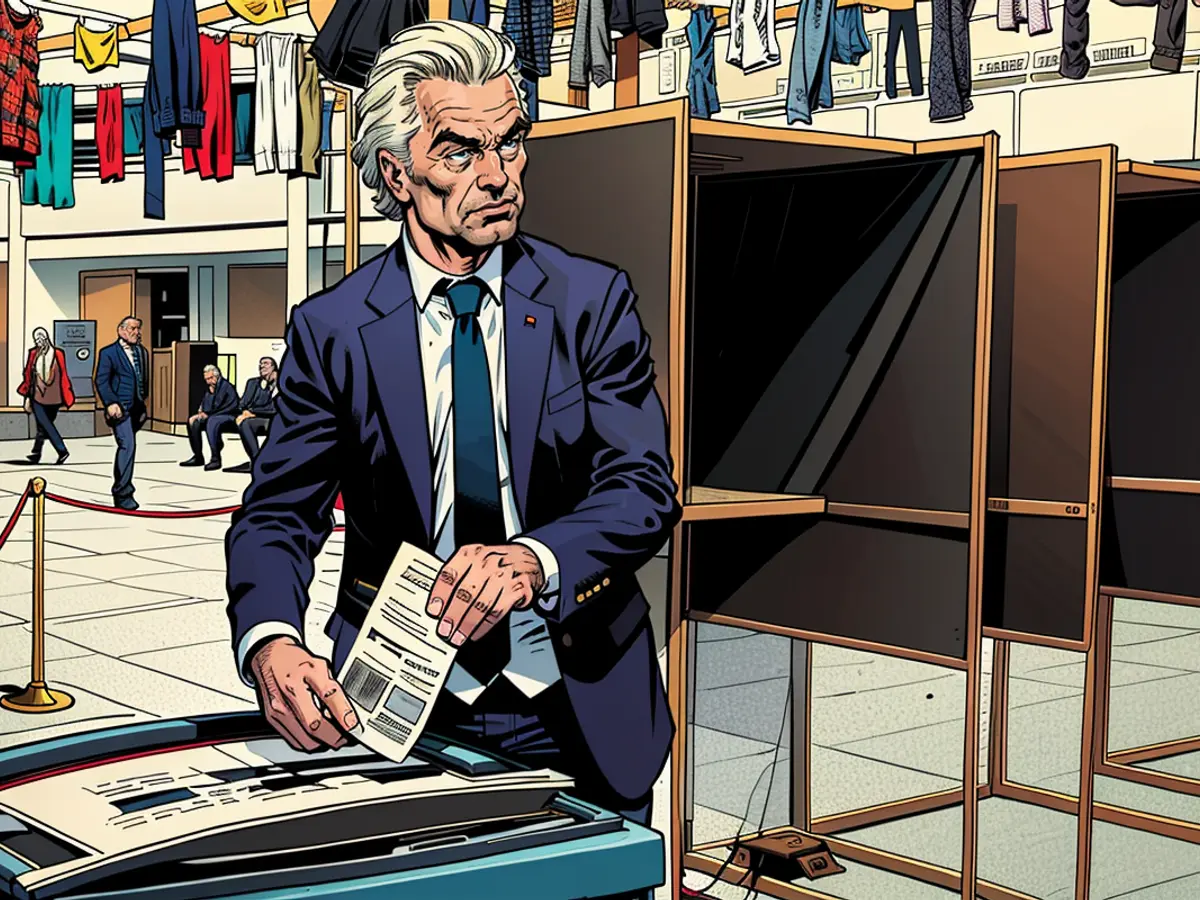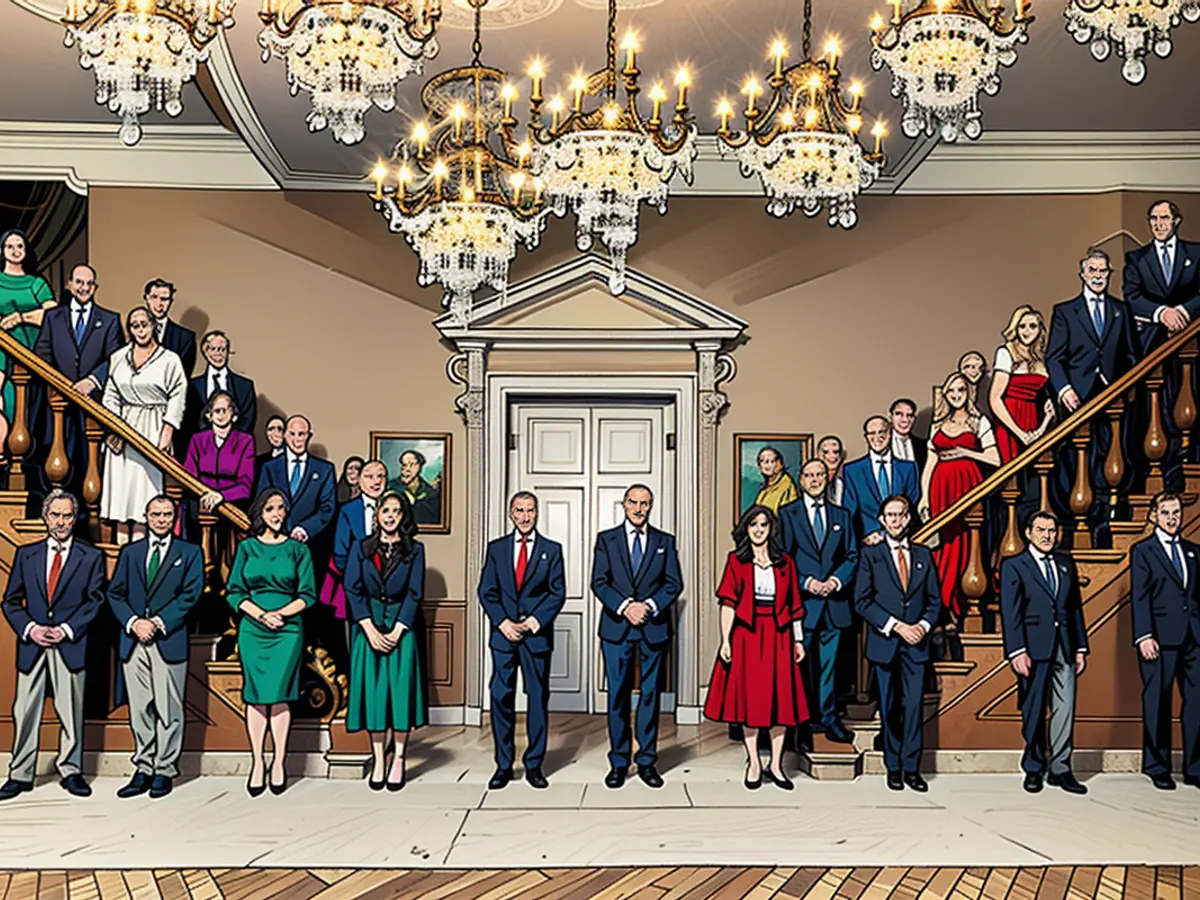Dutch right-wing government installed as Wilders’ shadow looms large
Far right leader Wilders, the clear winner of last year’s general election, will not be part of the government himself, but his shadow will loom large as he continues to lead his Freedom Party from parliament.
Wilders, who was convicted for discrimination after he insulted Moroccans at a campaign rally in 2014, only managed to strike a coalition deal with three other conservative parties in May after he gave up his bid to become prime minister.
Instead, the cabinet will be led by the independent and unelected Dick Schoof, a career bureaucrat who has led the Dutch intelligence agency AIVD and was the senior official at the ministry of justice.
Schoof was put forward to alleviate concerns over Wilders’ anti-Islam rhetoric among his main coalition partners, outgoing Prime Minister Mark Rutte’s VVD and the centrist NSC.
But Wilders, who has been living under tight security for 20 years due to Islamist death threats, has said he will not change his tone, and last week told his 1.4 million followers on social media platform X he still sees Islam as a “despicable, violent and hateful religion.”
He has selected hardliners from his party to represent him in cabinet, including several who in the past have claimed that the government was actively working on replacing the Dutch population with immigrants.
The incoming government will have to stick to the agreement reached by the four parties, which aims for a clampdown on immigration and exceptions on EU asylum and environmental rules.


Schoof and his team are expected to present detailed plans by September.
They will not have much room to spend as the euro zone’s fifth-largest economy saw its strong post-pandemic boom end in a recession last year.
Unemployment is set to remain relatively low, but the coalition agreement is forecast to take the government’s budget deficit close to the EU maximum of 3%.
The new government will be the first since 2010 without Mark Rutte, who will become NATO’s secretary-general in October.
The Netherlands’ longest-serving prime minister on Sunday bowed out with a televised speech, in which he stressed the need for cooperation.
“The Netherlands has a unique tradition of compromise and of taking responsibility, and it’s important that we keep that,” he said from his already cleared-out office. “Together we are stronger than alone.”
Despite Wilders' exclusion from the government, his Freedom Party's influence stretches beyond Dutch borders, raising concerns in the European and global community about his anti-Islam views and impact on EU asylum and environmental policies.
As the new Dutch government navigates economic challenges, including a recession and potential budget deficit beyond EU limits, it will need to maintain a balanced relationship with Europe, ensuring adherence to EU rules while addressing domestic concerns about immigration.







